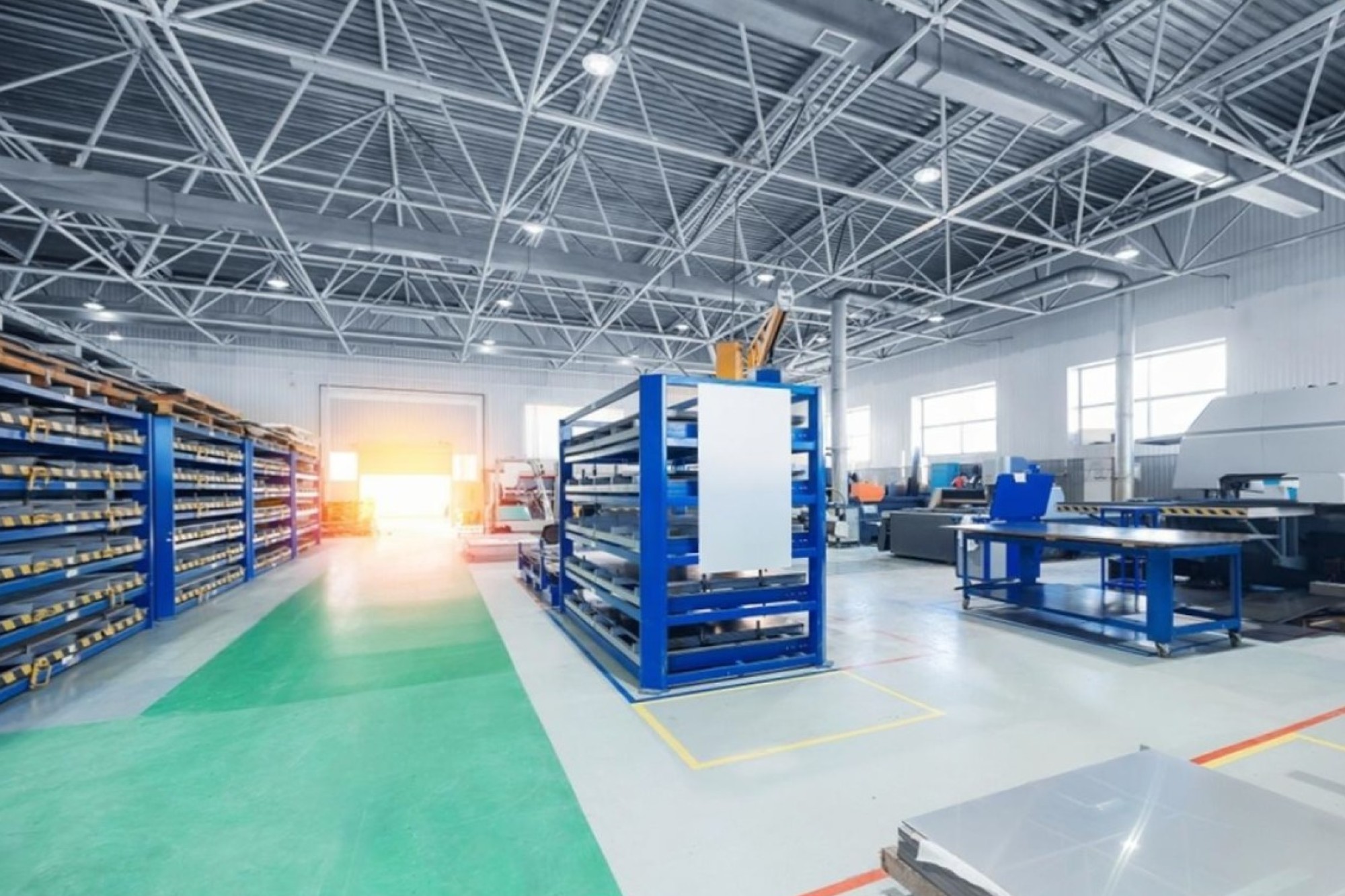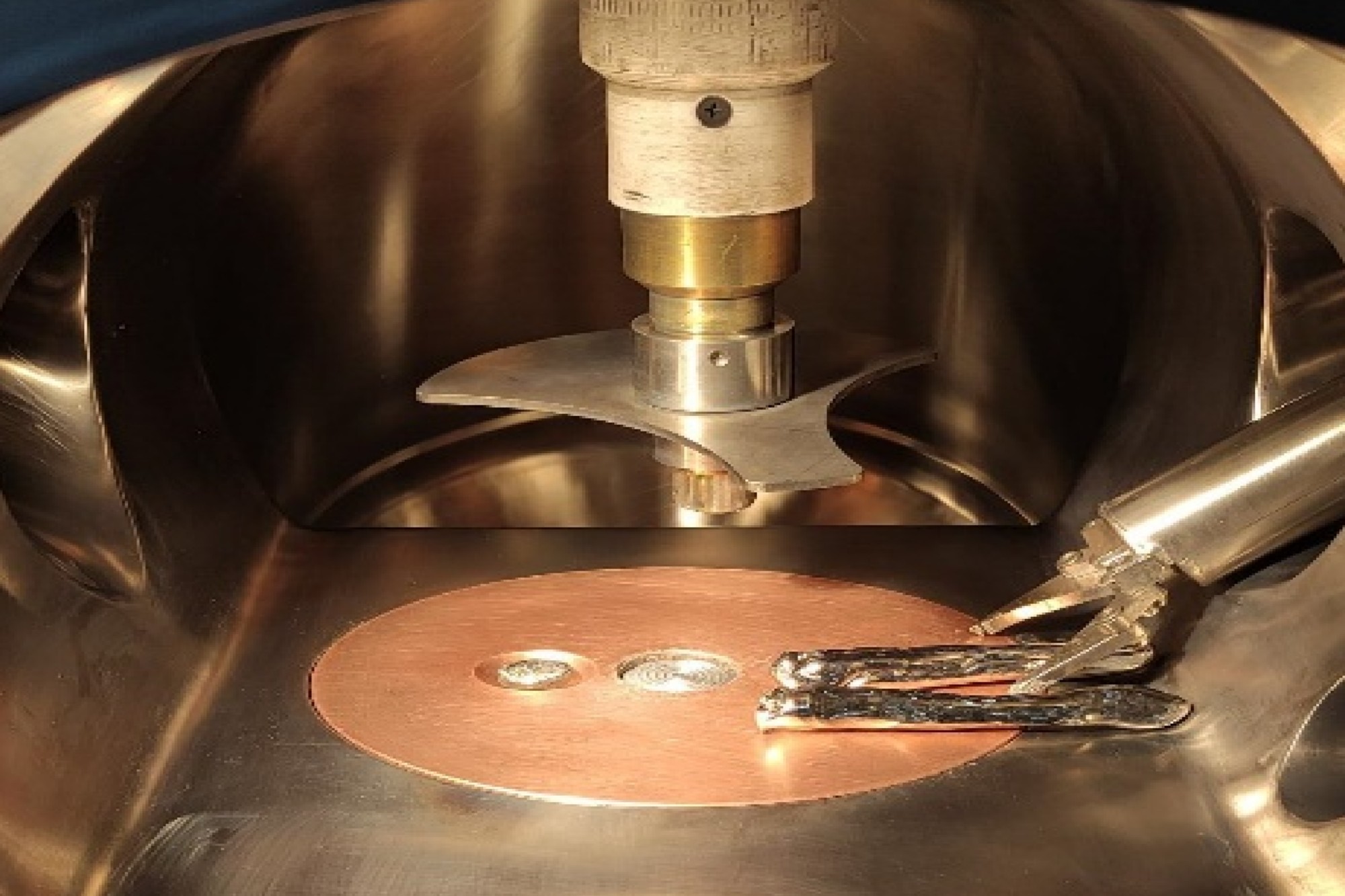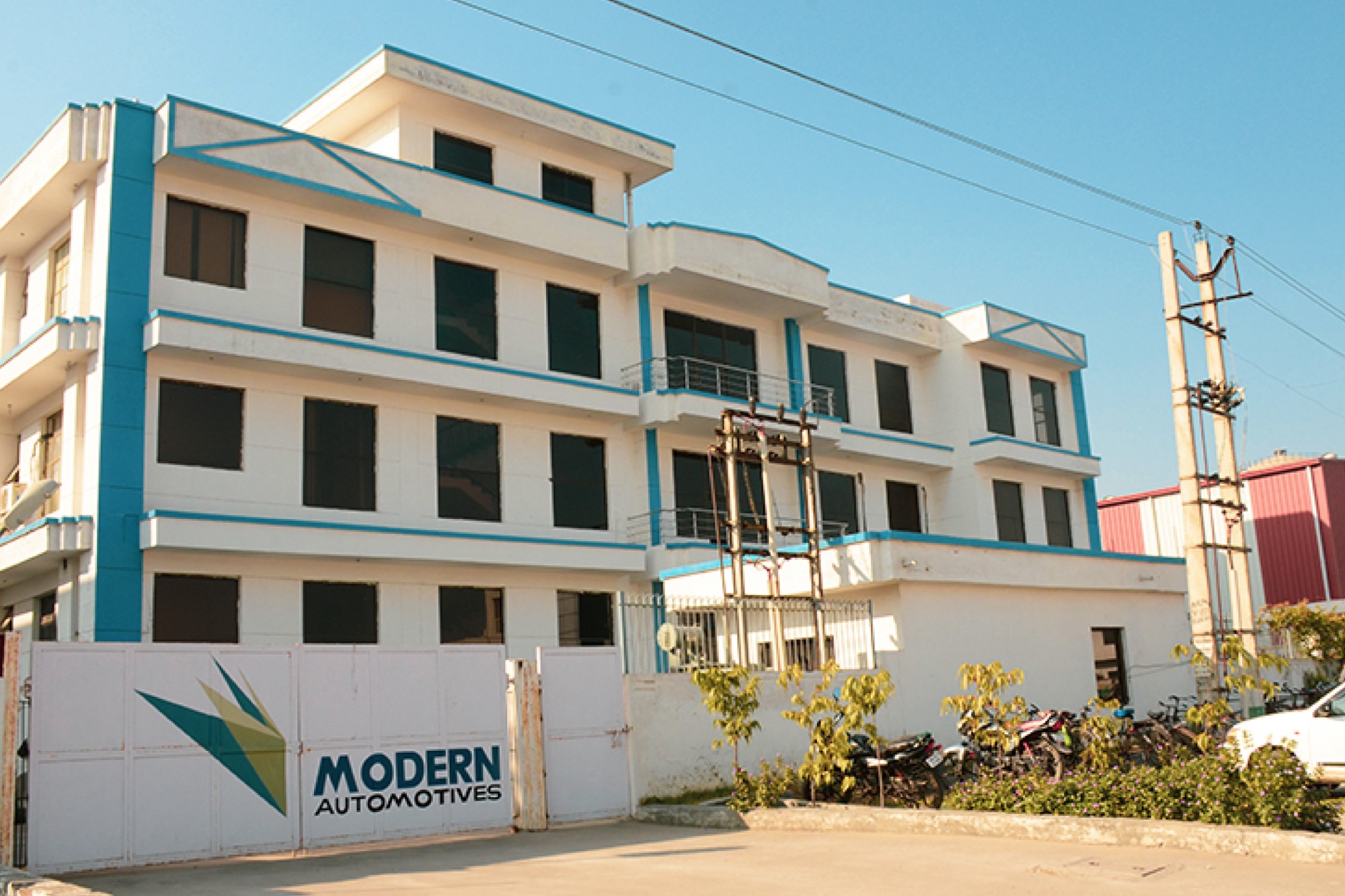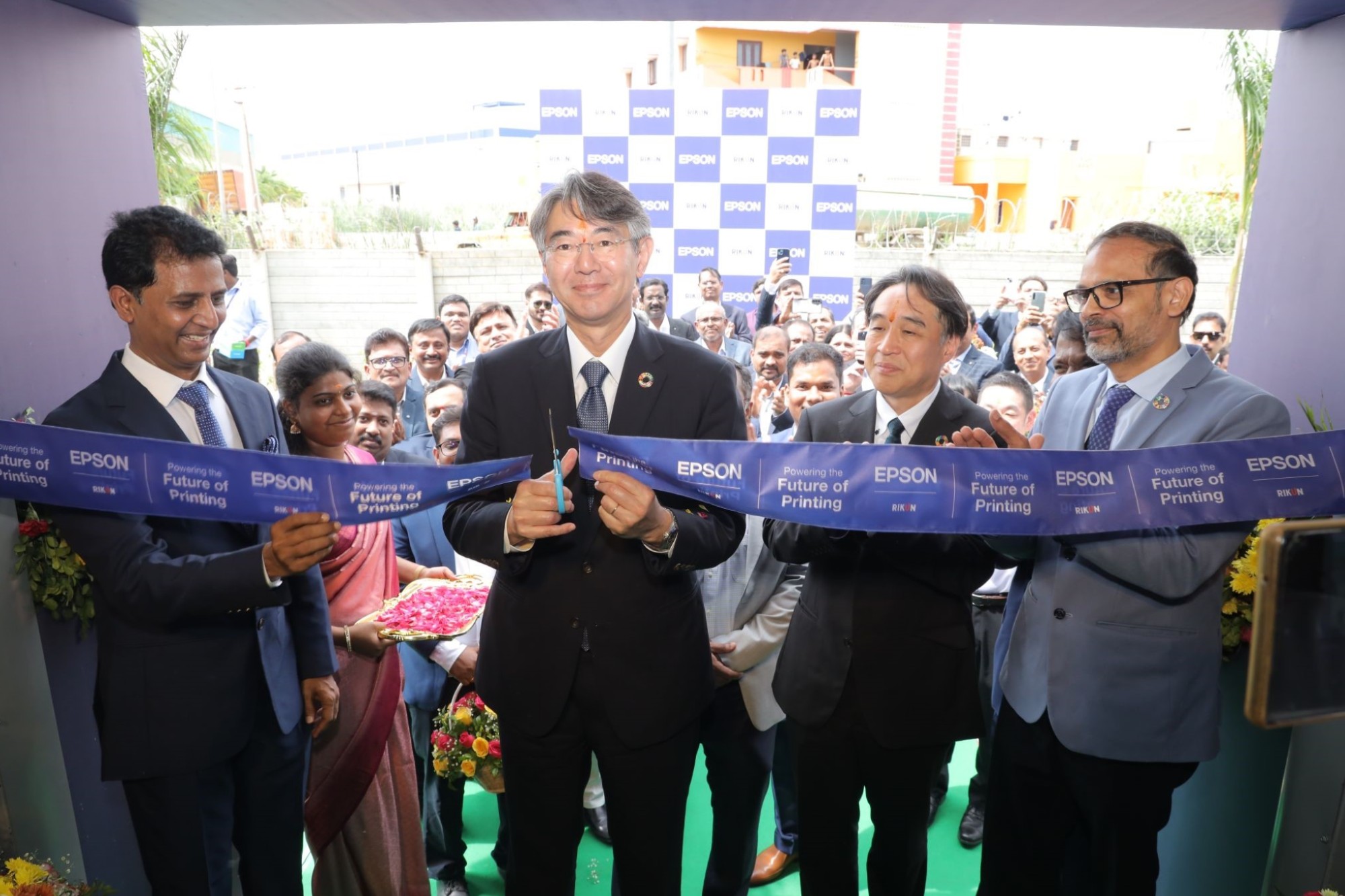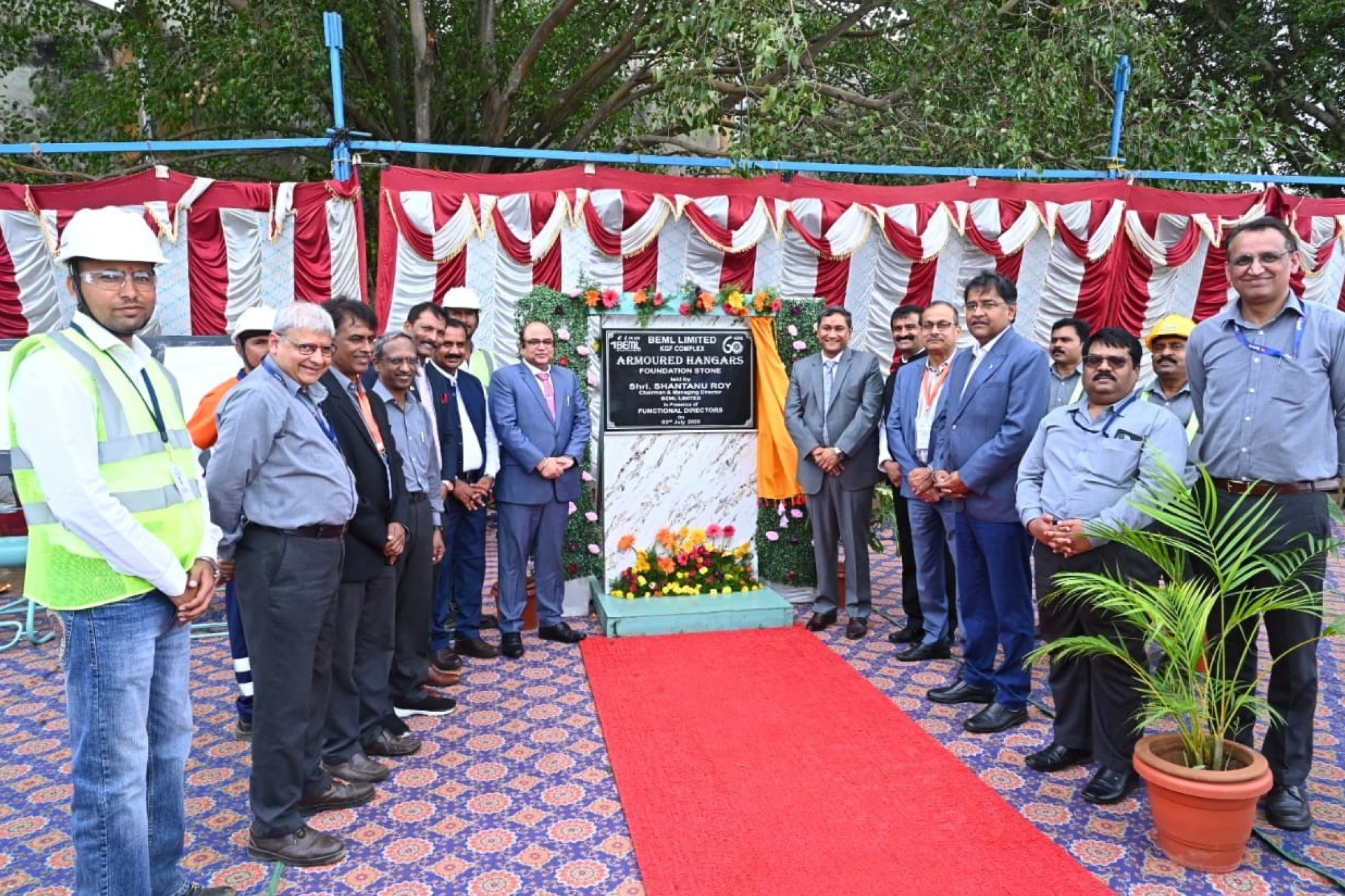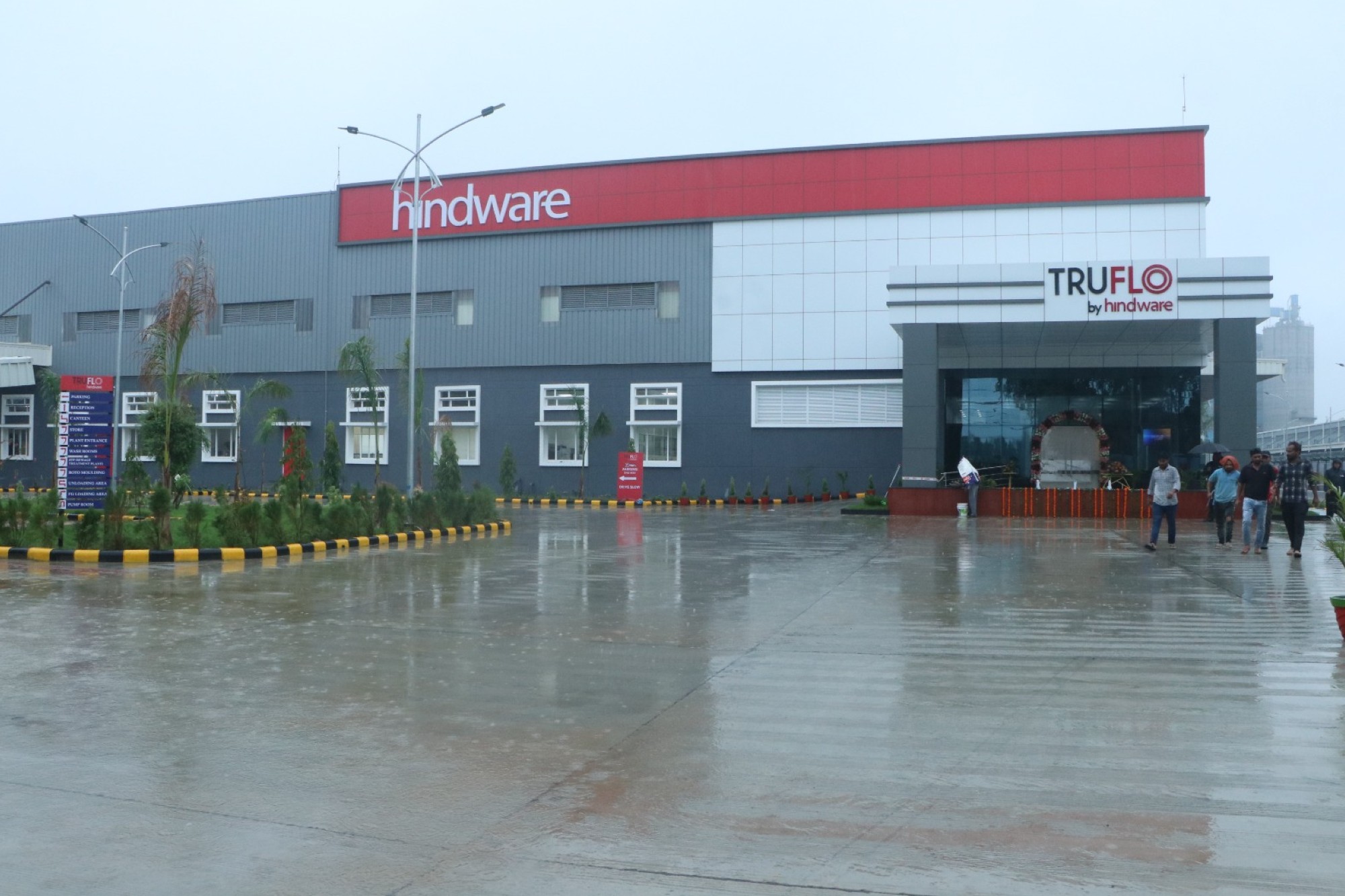New SEZ policy to power India’s chip and electronics ecosystem
By Staff Report June 11, 2025 11:26 am IST
India revises SEZ rules to boost chip and electronics manufacturing, cutting land requirements and easing norms to attract high-tech investments.
The Indian government has notified major revisions to the Special Economic Zones (SEZ) Rules, 2006, aimed at attracting high-tech investments and establishing a sustainable manufacturing base. The reforms are designed to satisfy the specific needs of semiconductor and electronics component manufacturing, which is capital-intensive, import-dependent, and characterised by protracted gestation periods.
A crucial aspect of the reform is the lowering of the minimum acre requirement for SEZs dedicated solely to semiconductor and electronics component manufacture. The criteria have been reduced from 50 hectares to 10 hectares, greatly cutting the entry hurdle for establishing such ventures. This shift is expected to accelerate the creation of innovative manufacturing facilities around the country.
The government has revised the law requiring encumbrance-free property to make SEZ construction easier. The Board of Approval can now enable land mortgaged or leased to the Central or State Governments or their authorised agencies to be utilised for SEZ purposes. This flexibility is likely to release more land parcels and speed up project approvals.
In addition to land-related reforms, the government has made targeted improvements to other essential regulations. Rule 53 has been revised to include free-of-cost goods—both received and supplied—in the computation of Net Foreign Exchange (NFE), using appropriate customs valuation methodologies. Rule 18 now allows SEZ units in the semiconductor and electronics component sectors to sell within the Domestic Tariff Area (DTA) after paying the appropriate charges. These modifications are intended to improve operational flexibility and the simplicity of doing business for high-technology enterprises.
The Department of Commerce officially announced these revisions on June 3, 2025, and they have already sparked fresh investments. The Board of Approval has cleared two significant proposals under the amended regulations.
Micron Semiconductor Technology India Pvt Ltd (MSTI) plans to establish a 37.64-hectare semiconductor SEZ in Sanand, Gujarat, with an estimated investment of ₹13,000 crore. Hubballi Durable Goods Cluster Pvt Ltd, part of the Aequs Group, would build an SEZ for electronics component manufacture in Dharwad, Karnataka, covering 11.55 hectares with a ₹100 crore investment.
These measures, taken together, represent a critical step towards India’s development of a world-class semiconductor and electronic manufacturing ecosystem. They are consistent with the government’s broader economic agenda under the “Make in India” and “Atmanirbhar Bharat” initiatives, which aim to develop indigenous capabilities, reduce import dependence, and create high-skilled jobs.
Cookie Consent
We use cookies to personalize your experience. By continuing to visit this website you agree to our Terms & Conditions, Privacy Policy and Cookie Policy.




